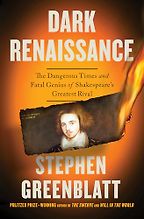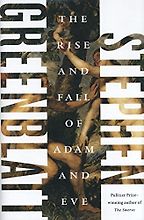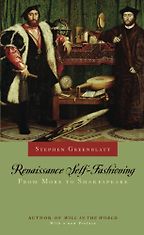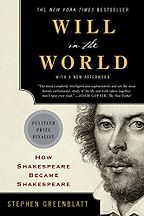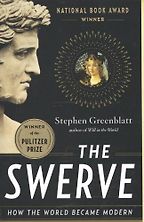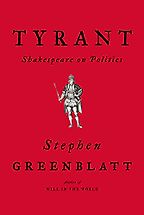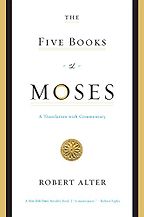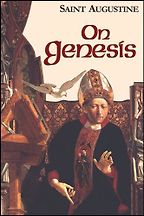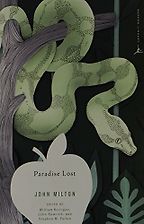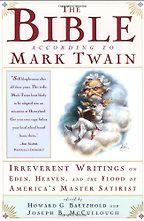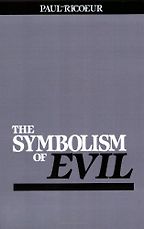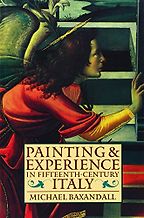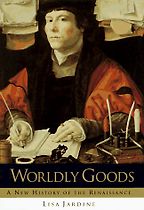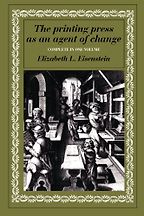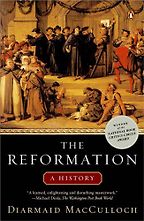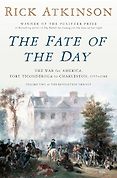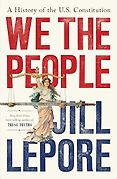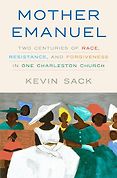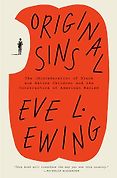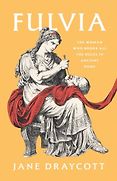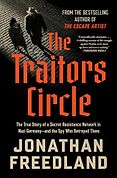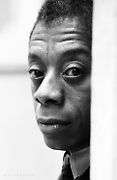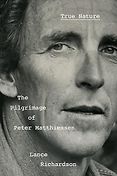Books by Stephen Greenblatt
Stephen Greenblatt is Cogan University Professor of the Humanities at Harvard University and one of the founders of New Historicism. He is the author of twelve books, including Will in the World: How Shakespeare Became Shakespeare and Renaissance Self-Fashioning. He won the National Book Award in 2011 and the Pulitzer Prize in 2012 for The Swerve: How the World Became Modern.
Dark Renaissance: The Dangerous Times and Fatal Genius of Shakespeare's Greatest Rival
by Stephen Greenblatt
Harvard literary scholar Stephen Greenblatt takes on the life of Christopher (aka Kit) Marlowe, the playwright of the Elizabethan era and rival of Shakespeare. Marlowe died at age 29 in what was apparently a pub brawl, but his murder has always been the subject of much speculation. The New York Times described the book as a "terrific read."
The Rise and Fall of Adam and Eve
by Stephen Greenblatt
Where did the legend of Adam and Eve come from? Why did it evolve? The Rise and Fall of Adam and Eve, by literary scholar and Renaissance specialist Stephen Greenblatt, is a good way to get a feel for a couple of millennia of history, told through the story of one very famous couple.
“Greenblatt is interested in the great literature that comes out of the late 16th and early 17th century.” Read more...
The best books on The Renaissance
Jerry Brotton, Historian
Interviews with Stephen Greenblatt
The best books on Adam and Eve, recommended by Stephen Greenblatt
Who were Adam and Eve, really? Over many centuries, the origin story has undergone countless transformations. The Pulitzer Prize-winner and Harvard professor Stephen Greenblatt chooses five books that explore the history of Adam and Eve, and tells us why the world isn’t ready to leave the narrative of Eden behind
Interviews where books by Stephen Greenblatt were recommended
-

1
Painting and Experience in Fifteenth-Century Italy
by Michael Baxandall -

2
Renaissance Self-Fashioning: From More to Shakespeare
by Stephen Greenblatt -

3
Worldly Goods: A New History of the Renaissance
by Lisa Jardine -

4
The Printing Press as an Agent of Change
by Elizabeth L Eisenstein -

5
The Reformation
by Diarmaid MacCulloch
The best books on The Renaissance, recommended by Jerry Brotton
The best books on The Renaissance, recommended by Jerry Brotton
A century-and-a-half ago the Swiss art historian, Jacob Burckhardt, popularized the idea of a ‘Renaissance’ in 14th century Italy. For most people, the term still conjures up works of art by the likes of Michelangelo or Leonardo. But there is much, much more to it than that. Professor of Renaissance studies, Jerry Brotton, picks the best books to read for a more complete understanding of the Renaissance.
-

1
The Fate of the Day: The War for America, Fort Ticonderoga to Charleston, 1777-1780
by Rick Atkinson -

2
We the People: A History of the U.S. Constitution
by Jill Lepore -

3
Dark Renaissance: The Dangerous Times and Fatal Genius of Shakespeare's Greatest Rival
by Stephen Greenblatt -

4
Mother Emanuel: Two Centuries of Race, Resistance, and Forgiveness in One Charleston Church
by Kevin Sack -

5
Original Sins: The (Mis)education of Black and Native Children and the Construction of American Racism
by Eve L. Ewing -

6
Food for Thought: Essays and Ruminations
by Alton Brown
The Best History & Nonfiction Audiobooks of 2025, recommended by AudioFile Editors
The Best History & Nonfiction Audiobooks of 2025, recommended by AudioFile Editors
Editors at AudioFile magazine, who reviewed more than 2,000 books in 2025, pick out their favourites in the ‘history and nonfiction’ category—from the American struggle for independence to the ruminations of a food celebrity.
-

1
Dark Renaissance: The Dangerous Times and Fatal Genius of Shakespeare's Greatest Rival
by Stephen Greenblatt -

2
The Colonialist: The Vision of Cecil Rhodes
by William Kelleher Storey -

3
Fulvia: The Woman Who Broke All the Rules in Ancient Rome
by Jane Draycott -

4
The Traitors Circle: The True Story of a Secret Resistance Network in Nazi Germany and the Spy Who Betrayed Them
by Jonathan Freedland -

5
Baldwin: A Love Story
by Nicholas Boggs -

6
True Nature: The Pilgrimage of Peter Matthiessen
by Lance Richardson
New Biographies
New Biographies
Among the new biographies coming out in 2025, the lives of literary figures have been particularly prominent, including new books about Robert Louis Stevenson, the Scottish adventure writer, and Shakespeare’s rival Christopher Marlowe, who was stabbed to death aged 29. Also popular are reconstructions of lives from the distant past that we know little about, including the first King of England and Fulvia, the first wife of Mark Antony.
